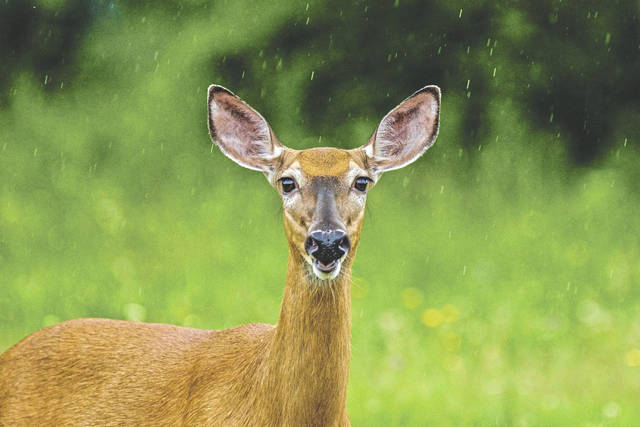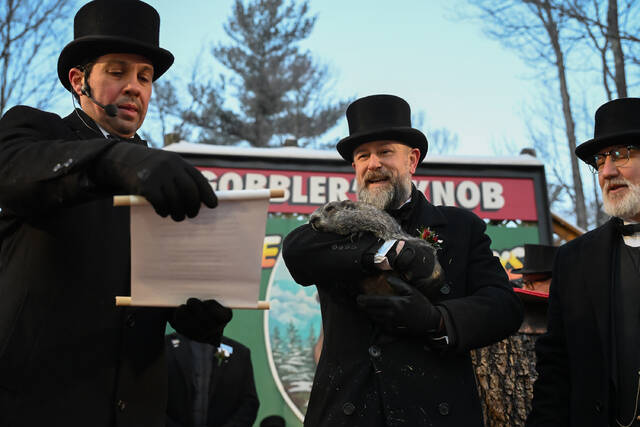Hunters who create food plots are not just looking to bring deer to an area with a good food source. They’re also playing a key role in sustainability, helping along the next generation of fawns.
Penn State Extension officials will host a four-week webinar series on food plots beginning Wednesday.
“We will show them how to set up food plots in an economically and environmentally friendly way,” said extension educator Justin Brackenrich. “Online, there is a lot of emphasis on whitetail deer management, but much of the necessary information is lacking.”
The webinar series, which features topics ranging from picking a suitable site for the food plot to managing habitat, aims to fill that need.
He emphasized the ecological role that food plots can play in Pennsylvania.
“Food plots and hunting are not only about trophies, but about does and young ones for the next generation,” he said.
Dave Aubele, president at the Logans Ferry Sportsmen’s Club, said food plots help both the deer and the hunter.
“The purpose is to bring the deer in, give them some good food to eat and keep them healthy, maybe even get them bigger,” Aubele said. “A lot of the plants you’d buy for a food plot can do things like enhance antler growth.”
Grant Woods, a wildlife biologist with GrowingDeer.tv, recommends crops like oats, wheat, winter peas and brassicas, which provide deer with a mix that is attractive during the early, middle and late seasons.
“The deer know where they can go for good food,” Aubele said. “And a hunter can wait for them along the path to or from the plot.”
Officer Matt Lucas, a land manager with the Pennsylvania Game Commission, said the commission’s work crews are moving away from the labor-intensive deer plots and focusing more on general habitat maintenance, but touted the role deer plots can play.
“If you provide a good healthy diet for deer, they’re going to grow bigger and stronger: bigger antlers, more offspring,” Lucas said.
Brush-filled habitat and trees play a key role in wildlife habitat.
“If we can help people be better stewards of their lands and our state while encouraging them to spend time outdoors, then we are doing our jobs,” Brackenrich said.
There is a $10 fee to participate in each of the weekly webinars, and preregistration is required. The presentations, which will be held from 7 to 9 p.m. on Wednesdays. Topics include:
• July 29: Planting and site selection
• Aug. 5: Soil and when to plant
• Aug. 12: Weed management
• Aug. 19: Natural landscape habitat management
“By working through soil testing, how to make soils suitable for planting, proper handling and use of pesticides, and proper species selection, participants will be better equipped for more holistic management,” Brackenrich said.
To register, see Extension.PSU.edu and type “Food Plot Series” into the search box.








